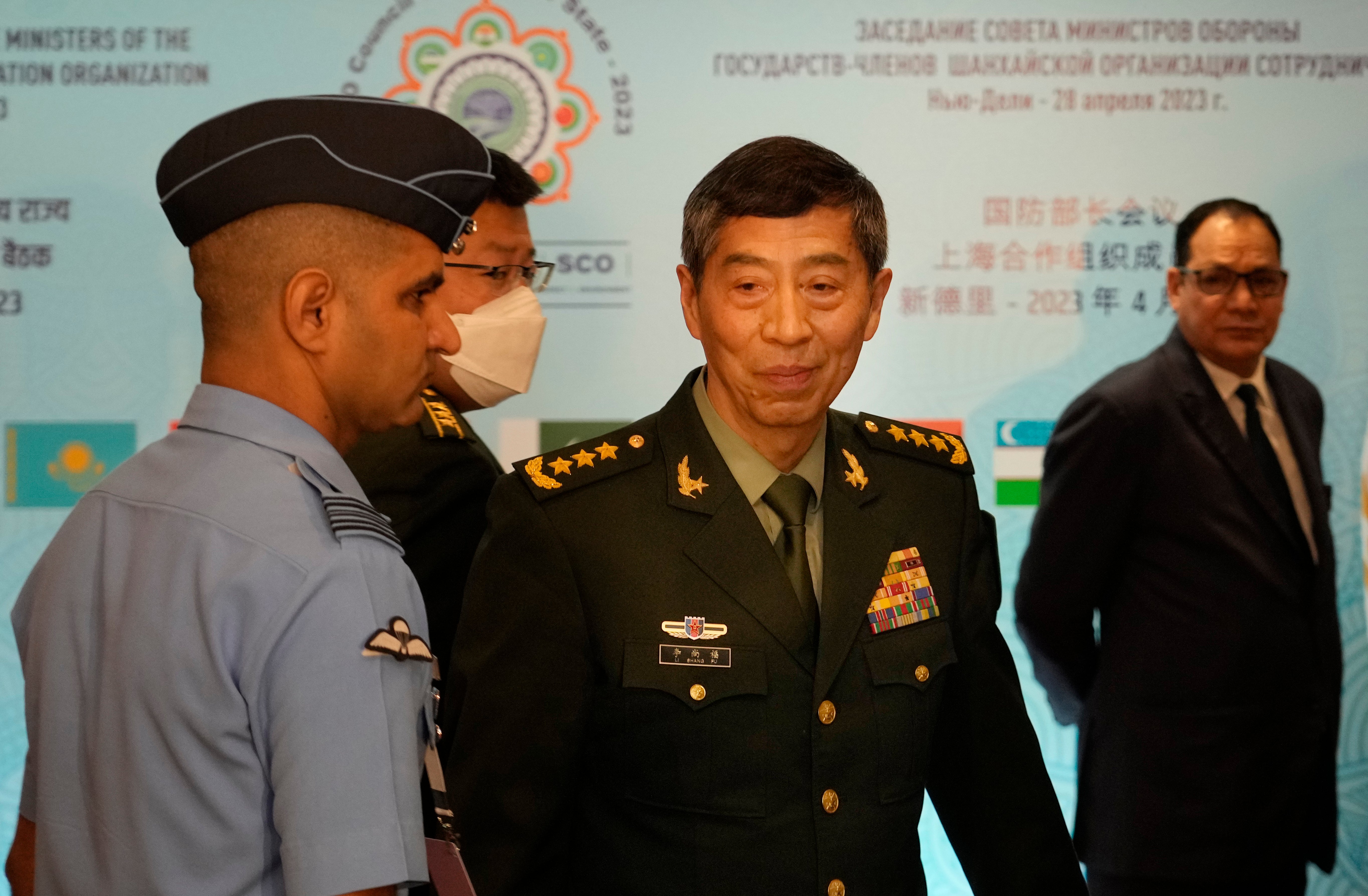India says relations with China ‘abnormal’ after Beijing’s ‘stable’ border remark
S Jaishankar said India’s ties with China are ‘abnormal’ due to violation of border management agreements by Beijing

After Chinese defence minister, Li Shangfu said that the situation along the border is “generally stable”, India responded by saying that the ties with China were “abnormal”.
Mr Li’s comment tried to downplay New Delhi’s deep concerns about violations of border agreements.
On Friday, India’s external affairs minister S Jaishankar said that India’s ties with China are “abnormal” due to the violation of border management agreements by Beijing.
“India wants to ensure that its relations with all countries advance without seeking exclusivity. Whether it is the US, Europe, Russia, or Japan, we are trying to ensure that all these ties advance without seeking exclusivity.” Mr Jaishankar said in Santo Domingo on his first official visit.
He added: “China falls in a somewhat different category because of the boundary dispute and the currently abnormal nature of our ties. That is an outcome of a violation of agreements regarding border management by them.
“India has seen a dramatic expansion in connectivity, contacts, and cooperation across the region. Pakistan, however, remains an exception to this in view of cross-border terrorism.”
Last week, Mr Li and India’s Rajnath Singh, the defence ministers of the two countries, met for the first time on the sidelines of the Shanghai Cooperation Organisation (SCO), since a standoff in the northern Himalayas erupted three years ago.
General Li urged India to take a “long-term view” of the situation and de-link border issues with bilateral relations.
He said: “The two sides should take a long-term view, place the border issue in an appropriate position in bilateral relations, and promote the transition of the border situation to normalised management.”
Meanwhile, the Indian defence ministry statement said that Mr Singh “reiterated that violation of existing agreements has eroded the entire basis of bilateral relations and disengagement at the border will logically be followed with de-escalation”.
Join our commenting forum
Join thought-provoking conversations, follow other Independent readers and see their replies
Comments


Bookmark popover
Removed from bookmarks